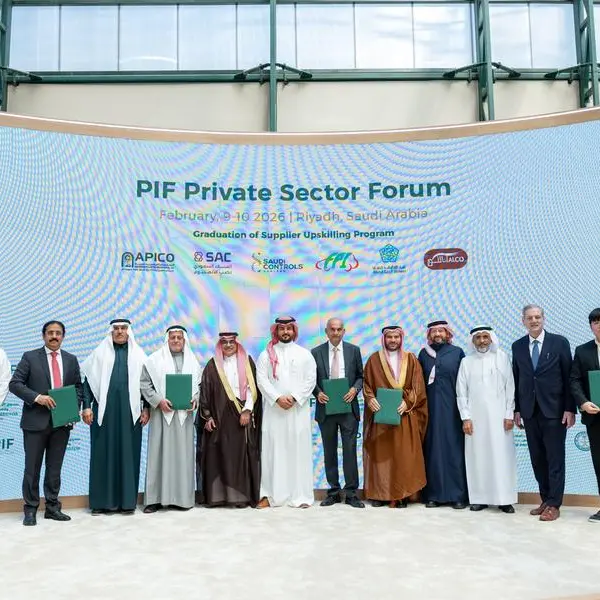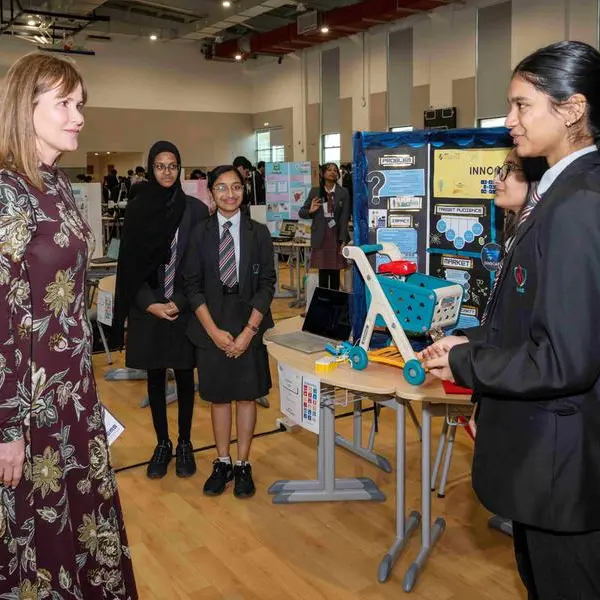PHOTO
United Arab Emirates, Abu Dhabi: Dr. George Friedman, founder and Chairman of Geopolitical Futures at the U.S. Naval Institute has called for getting inspired by the spirit of major geographical exploration in human history to move towards the moon, due to its proximity to the Earth and its future settlement.
This came during the closing day of the Abu Dhabi Space Debate, which was held under the patronage of the UAE President His Highness Sheikh Mohamed bin Zayed Al Nahyan.
"The moon is part of planet Earth in terms of origin, and it's no secret that the moon is part of our existence, which prompts us to discover it to know what it really looks like", Friedman said. Some walked hundreds of feet on the moon surface, but they came back quickly and now we are trying to understand what the moon is."
"There was a small amount of water on the moon, which means there is a lot of water but it has not yet been revealed, and once it is discovered, humans can see it there where oxygen and hydrogen can generate air similar to what exists on Earth, as well as gravity”, he added.
"We know that there are many fortunes on the planet, including metals, aluminum and others, but it is certain that the moon has its wealth that has not yet been discovered, as humanity has so far only discovered the surface of the moon, and has not thought about our close relationship with it and the extent of its similarity to the earth and the possibility of living on it."
The founder and president of Geopolitical Futures explained that to achieve life on the moon, we need soldiers, businessmen, technologists and various segments and categories, also we must think that the wealth on the moon will be for humanity in general, where we must think about the human dimension.
He pointed out that the explorers of the moon found water and minerals from the first time, and saw that the history of humanity is based on movement and travel permanently and continuously. He explained that the most important roles that must be focused on now are: "Will there be war or peace on the moon? How do the nations agree with the aim of serving humanity? We have to ask experts questions about how this is being financed and prepare the world for what comes next."
-Ends-




















